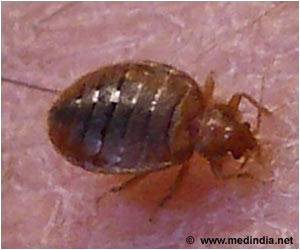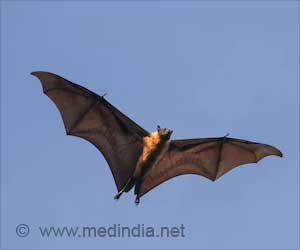One of the biggest reasons behind malaria spread is climate change, but researchers have said that other factors such as migration and land-use changes are also likely
One of the biggest reasons behind malaria spread is climate change, but researchers have said that other factors such as migration and land-use changes are also likely to play a role.
The research aims to sort out contradictions that have emerged as scientists try to understand why malaria has been spreading into highland areas of East Africa, Indonesia, Afghanistan and elsewhere."We assessed ... conclusions from both sides and found that evidence for a role of climate in the dynamics is robust. However, we also argue that over-emphasizing a role for climate is misleading for setting a research agenda, even one which attempts to understand climate change impacts on emerging malaria patterns," said study authors Luis Fernando Chaves from Emory University and Constantianus Koenraadt of Wageningen University in the Netherlands.
Many studies have linked malaria spread to global warming, but that conclusion is far from unanimous.
Other studies have found no evidence of warming in highland regions, thus ruling out climate change as a driver for highland malaria.
Chaves and Koenraadt re-examined more than 70 of these studies and they found that the studies ruling out a role for climate change in highland malaria often use inappropriate statistical tools, casting doubt on their conclusions.
On the other hand, most studies concluding that climate change is indeed playing a role in highland malaria tend to be statistically strong, Chaves and Koenraadt found.
Advertisement
"Even if trends in temperature are very small, organisms can amplify such small changes and that could cause an increase parasite transmission. More biological data will improve our overall understanding of malaria and will allow scientists to propose more general and accurate models on the impacts of climate change on malaria transmission," said Chaves.
Advertisement
They point to research showing that people migrating from lowlands may be introducing the malaria parasite into highland regions.
Changes in farming practices may also play a role. Irrigation associated with more intensive farming may be creating more places for mosquitoes to breed.
The study has been published in The Quarterly Review of Biology.
Source-ANI
TRI













